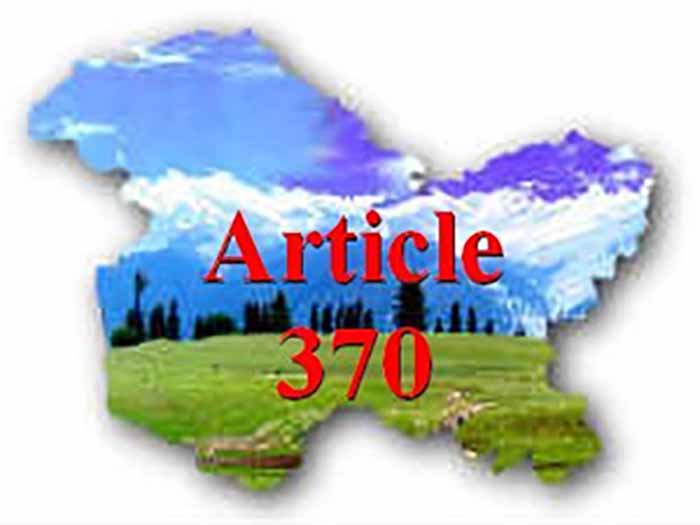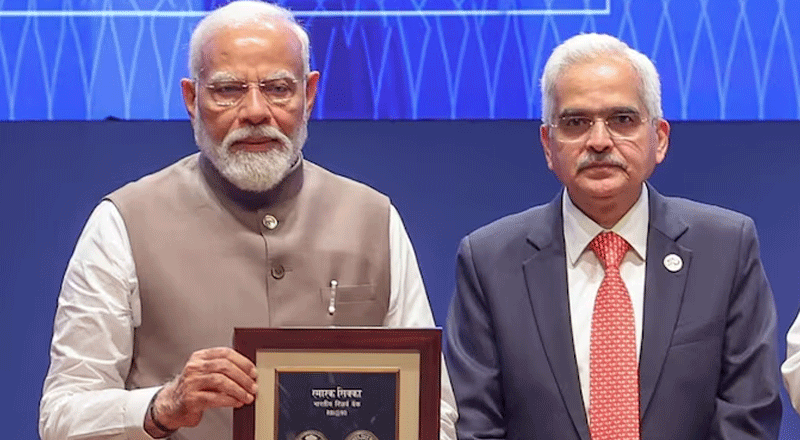Jammu and Kashmir Bank (J&K Bank) is a J&K -based private sector banking and financial services company. It is a Private-owned bank with state share with its headquarters in Srinagar, Jammu and Kashmir. J&K Bank, incorporated on October 1, 1938, was the first bank in the country to emerge as a state–owned bank.
Incorporated in 1938, the institution is listed as an “old private-sector bank” under the Banking Regulation Act of 1949. It is also registered as a “government company” with the Registrar of Companies, Jammu. The state government has a shareholding of 59.3% in the bank. This makes it the only bank in India where the major shareholder is the state government. In all other public-sector banks, it is the Central government that holds majority stake. Besides being the state’s only listed company, over 60% loans and deposits in the state are controlled by the J&K Bank.
On November 22 2018, the Governor-led State Administrative Council (SAC) had approved the proposal for treating Jammu and Kashmir Bank Limited as a Public Sector Undertaking (PSU). The SEC also comprises the four state advisers and the J&K Chief Secretary. However the move was criticised by all regional parties of the state.
In 2013,to mark the achievement, the bank achieved a total business of Rs 1000 billion and earned a net profit of Rs 10 billion. Sources says, The bank has wealth in capital deposits.

The state is under the Governor’s rule and on November 22, the State Administrative Council of Jammu and Kashmir, approved a proposal to make Jammu and Kashmir Bank Limited a public sector undertaking that is accountable to the state legislature. The question is on why there is protests from various quarters in the state, this influenced the Governor Satya Pal Malik appeared to have reconsidered the decision.
“No changes are being made here or contemplated,” Malik said a statement titled “Governor’s Assurance”. The statement went on to say that “in view of the concerns expressed, and to give comfort to employees, the government will re-examine the issue of accountability to legislature”.
J&K Bank is the premier financial institution of the state and Right from 1938, the bank has made an immense contribution to the economy of the state. It was functioning smoothly was due to less government interference. Says, Abdul Rahim Rather, former state finance minister and National Conference leader.
According to Tassaduq Madni, president of the All India Jammu and Kashmir Bank Officers Federation, the decision came after the employees union met the governor. “That PSU order stands withdrawn,” he said. “The bank will be known as an old private sector bank as it was prior to this SAC [State Administrative Council] decision. Secondly, as the decision to make the bank accountable to state legislature is concerned, that has been kept in abeyance. They are revisiting that decision.
Over the past week and a half, mainstream politicians, separatist leaders, trade and industry bodies as well as employees of the J&K Bank had risen in protest against the order. But what makes the bank a flashpoint for public and political protests?
J&K Bank is the pride of the people of the state that not only is the backbone of the economy, helping the jobless, financing the entrepreneurs but also as a part of corporate social responsibility, helping all those in the need of hour, the flood relief given in crores to the government of Kerala is a glaring recent example. A report says, the bank’s employees took to the streets, fearing the institution could be co-opted into a larger public sector enterprise that would compromise its autonomy.
A million-dollar question is on why the honourable governor, “Took the decision never ever taken in 80 years of the bank’s history?
The employees felt that, government has 59% stake in the bank, but did they consult the rest 41% before taking the decision of converting it into a PSU? If a PSU fails, it will also drown the money of public. Who’s responsible in such a scenario? Now it is the time for the RBI to take the final call.
Recently, the bank has faced criticism over lack of transparency in its recruitments. In October, the governor triggered a row by alleging political interference in the appointment of 582 candidates in the bank. The antidote to this, Malik said, was to bring the bank under the Right to Information Act and subject to the guidelines of the Central Vigilance Commission. But, according to the “governor’s assurance” released on Tuesday, the bank is already under the purview of the Act since it is a government company. In the Valley, that proposition has been challenged.
Now the article 370 remain as the question mark? Supreme Court to consider plea for urgent hearing of PIL against Article 370 J&K and there is angry over the killing of CRPF jawans in Kashmir, students said that giving a special status to J&K is the root cause of this problem and demanded the removal of Article 370 from Kashmir.
The Supreme Court said, that it would look into the plea seeking urgent hearing of a PIL challenging the constitutional validity of Article 370 of the Constitution, which grants special status to Jammu and Kashmir and limits Parliament’s power to make laws for the state. A bench headed by Chief Justice Ranjan Gogoi took note of the submission of lawyer and BJP leader Ashwini Upadhyay that his plea was of “extreme national importance” and needed to be listed for urgent hearing.
Finally, many experts says, there will lots of immediate changes will come after the removal of article 30 and making J & K Bank under the PSU bank.





